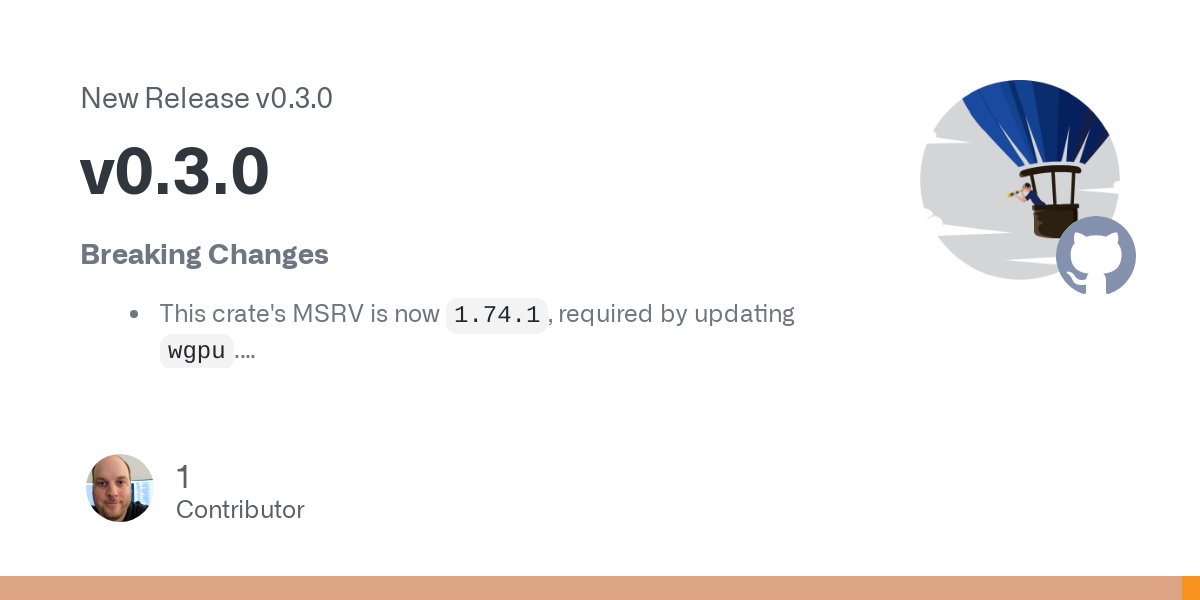for multi threaded workloads there aren’t many options
Anyone who actually writes Rust code knows about tracing my friend.
We also have the ever useful #[track_caller]/Location::caller().
And it’s needless to say that dbg!() also exists, which is better than manual printing for quick debugging.
So there exists a range of options setting between simple printing, and having to resort to using gdb/lldb (possibly with rr).
But yes, skipping debugging symbols was a bad suggestion.






🙂